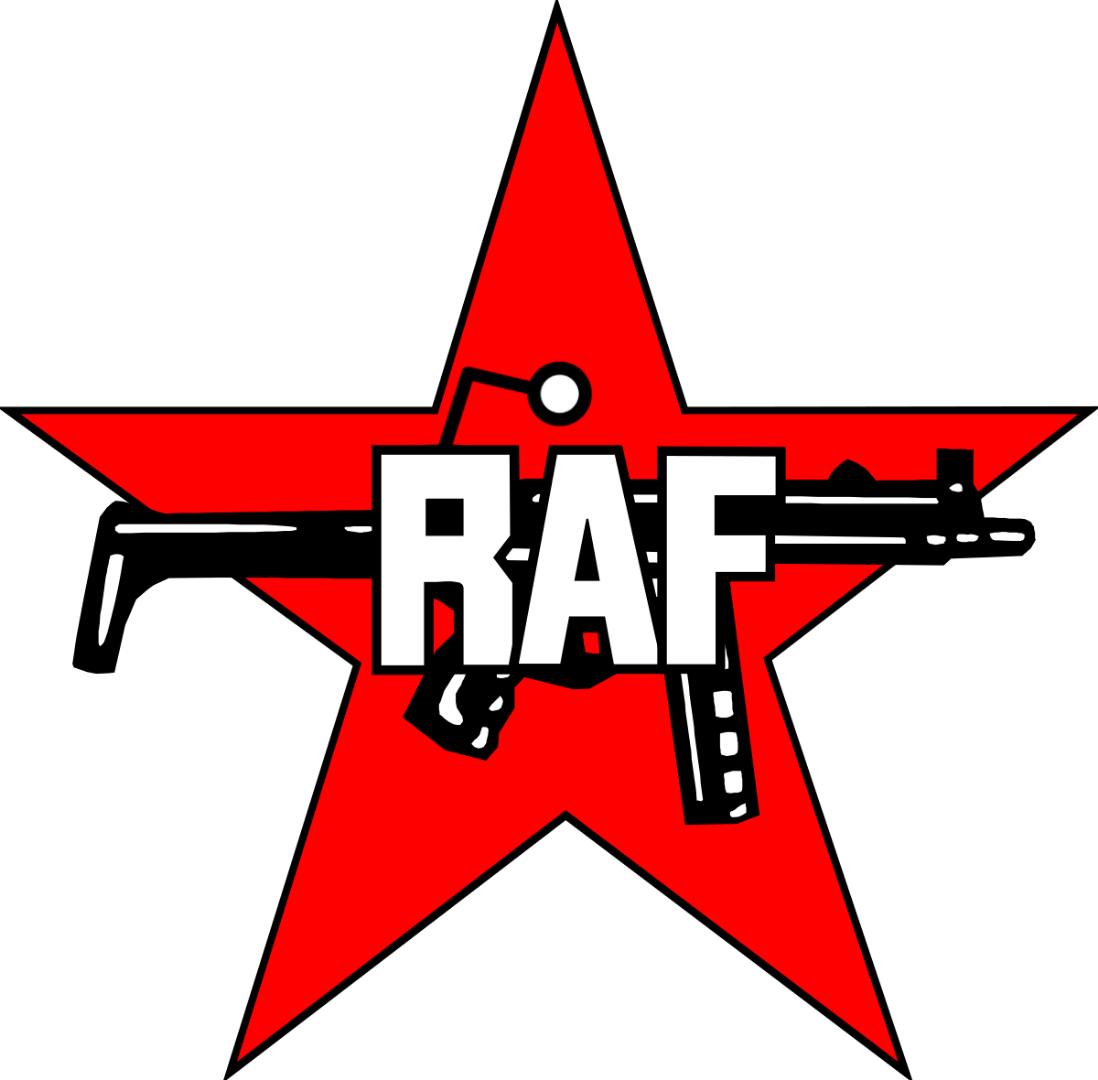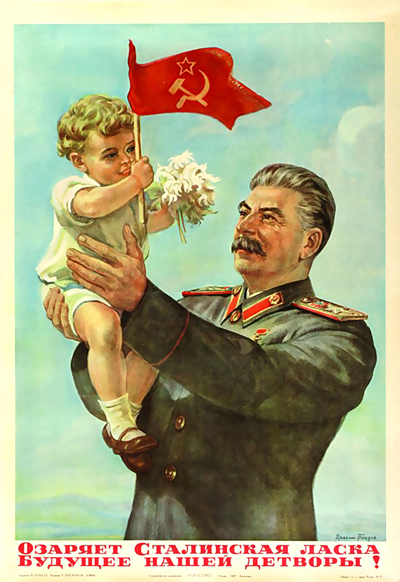Bruh, I can’t handle this anymore. We already have the RBG cringe and now this. We have to deal with Biden until the elections.
yethira
- 1 Post
- 23 Comments

 15·4 years ago
15·4 years agoI can’t stop laughing, lol.
 5·4 years ago
5·4 years agoAnarchists need to understand that in order to make good criticisms you have to be able to address all counter-points. If we just accept them to look more objective we aren’t doing anything.
What percent were slaves? Don’t post that Parenti crap.
“Show me sources except from actual ones.”
Wait, the “voted against” are countries who voted against combating neo-Nazism right?
Which comment is worse, I don’t know.
What a pathetic fucking asshole.

 5·4 years ago
5·4 years agoMan, lately I see lots of anti-Soviet shit. Especially related to WWII.
Ops, guess the actual buddies with the Nazis were US all along.
"For example, people ask with an air of innocence how the Soviet Union could consent to improve political relations with a state of the fascist type. Is that possible? they ask. But they forget that it is not a question of our attitude towards the internal regime of another country, but of the foreign relations between two states. They forget that we adhere to the position of not interfering in the internal affairs of other countries and, correspondingly, of not tolerating interference in our own internal affairs.** Furthermore, they forget an important principle of our foreign policy, which was formulated by Comrade Stalin at the Eighteenth Party Congresses follows:
“We stand for peace and the strengthening of business relations with all countries. That is our position; and we shall adhere to this position as long as these countries maintain like relations with the Soviet Union, and as long as they make no attempt to trespass on the interests of our country.”
The meaning of these words is quite clear: the Soviet Union strives to maintain friendly relations with all non-Soviet countries, provided these countries maintain a like attitude towards the Soviet Union.(Ibid)."
So what was the result of the Soviets signing the pact after the British and French had sold Czechoslovakia to Hitler as a down-payment to invade the USSR? A week later the British were forced to declare war on Nazi Germany.
The Soviet had flipped the tables on the British and French (and why the bourgeois present the “red-brown alliance!” because they don’t want to admit they were outplayed). The Soviets had secured their 2 front war meaning that when war eventually came to the Soviet Union…Germany would already be fighting two fronts.
The Soviets were determined for peace and they aimed, consistently for peace. It was not their job to liberate the world from German fascism (yet this would be exactly what they did, The Soviets liberated Auschwitz).
WW2 cost the Soviets 27 million of their own people - they had every right to attempt peace by any means necessary and only at the 11th hour, after the British and French refused again , did they realise they were on their own and they had to buy time for themselves.
I must admit I’m with Grover Furr on his conclusion though. If the Soviets had been successful in getting an anti-Nazi alliance I’ve no doubt that the Brits and French would’ve done nothing as Germans invaded Poland while USSR would’ve been bound to defend Poland only for the Brits and French to do nothing (as the Brits and French did to Czechoslovakia)
Upon realising they were being back-stabbed by the Brits and French - the Soviet Union would now be at war with Germany with no Western Front.
In a round about way of history it is better that the Brits and French connived with Hitler.
That the Soviets, in turn, fucked over the Brits/Poles and French after they refused an alliance because then the Soviets were able to force Britain, Poland and France into the war for an entire year before the Soviets were forced to enter it
It might be attributed, for example, to the fear that a revolution might break out if the non-aggressive states were to go to war and the war were to assume world – wide proportions. The bourgeois politicians know, of course, that the first imperialist world war led to the victory of the revolution in one of the largest countries. They are afraid that the second imperialist world war may also lead to the victory of the revolution in one or several countries.
But at present this is not the sole or even the chief reason. The chief reason is that the majority of the non-aggressive countries, particularly England and France, have rejected the policy of collective security, the policy of collective resistance to the aggressors, and have taken up a position of nonintervention, a position of “neutrality.”
Formally speaking, the policy of non-intervention might be defined as follows: “Let each country defend itself from the aggressors as it likes and as best it can. That is not our affair. We shall trade both with the aggressors and with their victims.” But actually speaking, the policy of non-intervention means conniving at aggression, giving free rein to war, and, consequently, transforming the war into a world war. The policy of non-intervention reveals an eagerness, a desire, not to hinder the aggressors in their nefarious work: not to hinder Japan, say, from embroiling herself in a war with China, or, better still, with the Soviet Union: to allow all the belligerents to sink deeply into the mire of war, to encourage them surreptitiously in this, to allow them to weaken and exhaust one another; and then, when they have become weak enough, to appear on the scene with fresh strength, to appear, of course, “in the interests of peace,” and to dictate conditions to the enfeebled belligerents.
Cheap and easy!"
-Comrade Stalin, Report on the Work Of the Central Committee to the Eighteenth Congress of the CPSUB, March 1939
So you can see Stalin (and the Soviets) didn’t trust the fascists or the capitalists one whit. Also read the entire report as it gives a much fuller picture and as you can see I’ve already separated this into 3 different posts due to character limit
Further:
"The foreign policy of the Soviet Union is clear and explicit.
We stand for peace and the strengthening of business relations with all countries. That is our position; and we shall adhere to this position as long as these countries maintain like relations with the Soviet Union, and as long as they make no attempt to trespass on the interests of our country.
We stand for peaceful, close and friendly relations with all the neighbouring countries which have common frontiers with the U.S.S.R. That is our position; and we shall adhere to this position as long as these countries maintain like relations with the Soviet Union, and as long as they make no attempt to trespass, directly or indirectly, on the integrity and inviolability of the frontiers of the Soviet state.
We stand for the support of nations which are the victims of aggression and are fighting for the independence of their country.
We are not afraid of the threats of aggressors, and are ready to deal two blows for every blow delivered by instigators of war who attempt to violate the Soviet borders. (Ibid)"
Further:
"The tasks of the Party in the sphere of foreign policy are:
To continue the policy of peace and of strengthening business relations with all countries;
To be cautious and not allow our country to be drawn into conflicts by warmongers who are accustomed to have others pull the chestnuts out of the fire for them;
To strengthen the might of our Red Army and Red Navy to the utmost;
To strengthen the international bonds of friendship with the working people of all countries, who are interested in peace and friendship among nations. (ibid)"
But this was in March 1939 and the Molotov Pact was signed in August
So what then, did Molotov say in August 31, 1939:
"What have the negotiations with Great Britain and France shown?
The Anglo-Franco-Soviet negotiations have shown that the position of Great Britain and France is marked by glaring contradictions throughout.
Judge for yourselves.
On the one hand, Great Britain and France demanded that the U.S.S.R. should give military assistance to Poland in case of aggression. The U.S.S.R., as you know, was willing to meet this demand provided she herself received like assistance from Great Britain and France. On the other hand, Great Britain and France brought Poland on to the scene, who resolutely declined military assistance on the part of the U.S.S.R. Just try to reach an agreement regarding mutual assistance under such circumstances, when assistance on the part of the U.S.S.R. is declared beforehand to be superfluous and obtrusive.
Further: on the one hand, Great Britain and France offered to guarantee the Soviet Union military assistance against aggression in return for like assistance on the part of the U.S.S.R. On the other hand, they hedged round their assistance with such provisos regarding indirect aggression as were calculated to convert this assistance into a fiction and to provide them with a formal legal excuse for evading the rendering of assistance and for leaving the U.S.S.R. isolated in face of an aggressor. Just try to distinguish between such a “pact of mutual assistance” and a pact of more or less camouflaged chicanery. (Amusement.)
Further: on the one hand, Great Britain and France stressed the importance and gravity of the negotiations for a pact of mutual assistance and demanded that the U.S.S.R. should treat the matter seriously and settle all questions relating to the pact without delay. On the other hand, they themselves displayed extreme dilatoriness and treated the negotiations very lightly, entrusting them to minor individuals who were not invested with adequate powers. It is enough to mention that the British and French military missions came to Moscow without any definite powers and without the right to conclude any kind of military convention. (Animation.)More, the British military mission arrived in Moscow without any mandate at all (loud laughter), and it was only on the demand of our military mission that, on the very eve of the breakdown of the negotiations, they presented written credentials. But even these credentials were of the vaguest kind, that is, credentials that were not up to par. Just try to distinguish between this light-minded attitude towards the negotiations on the part of Great Britain and France and a frivolous make-believe at negotiations designed to discredit the whole business.
Such were the intrinsic contradictions in the attitude of Great Britain and France towards the negotiations with the U.S.S.R. which led to their breakdown.
What is the root of these contradictions in the position of Great Britain and France?
In a few words, it can be put as follows. On the one hand, the British and French governments fear aggression, and for that reason would like to have a pact of mutual assistance with the Soviet Union, inasmuch as it would strengthen them, Great Britain and France. But, on the other hand, the British and French governments are afraid that the conclusion of a real pact of mutual assistance with the U.S.S.R. may strengthen our country, the Soviet Union, which, it appears, does not answer their purpose. It must be admitted that these fears of theirs outweighed other considerations. It is only in this light that we can understand the position of Poland, who is acting on the instructions of Great Britain and France.
I shall now pass to the Soviet-German pact of non- aggression.
The decision to conclude a pact of non-aggression between the U.S.S.R. and Germany was adopted after the military negotiations with France and Great Britain had reached an impasse owing to the insurmountable differences I have mentioned. As the negotiations had shown that the conclusion of a pact of mutual assistance was not to be expected, we could not but explore other possibilities of ensuring peace and averting the danger of a war between Germany and the U.S.S.R. If the British and French governments refused to reckon with this, that is their lookout. It is our duty to think of the interests of the Soviet people, the interests of the Union of Soviet Socialist Republics. (Prolonged applause.) All the more since we are firmly convinced that the interests of the U.S.S.R. coincide with the fundamental interests of the peoples of other countries. (Applause.)
But that is only one side of the matter.
Something else had to happen besides this before a Soviet- German pact of non-aggression could come into existence. It was necessary that the foreign policy of Germany should take a turn towards friendly relations with the Soviet Union. Only when this second condition was fulfilled, only when it became clear that the German government desired to change its foreign policy and secure an improvement of relations with the U.S.S.R., was the basis found for the conclusion of a Soviet- German pact of non-aggression."
And further:
They’re simping for Liberals and then cry that we infiltrate the sub with actual leftist videos.
Wait, is this website legit? If yes, holy fuck based as hell.
Leftists to other leftists: You are not a real lefitst. It’s tiring after a while isn’t it?
Here’s a hot take (maybe?): I don’t thing we need to apologise for what Trotsky did and say it was necessary or anything. He should do it regardless without having to find an excuse. Anarchists are always acting as parasites and we should never care about them.



They always manage to amaze me with their hot takes.